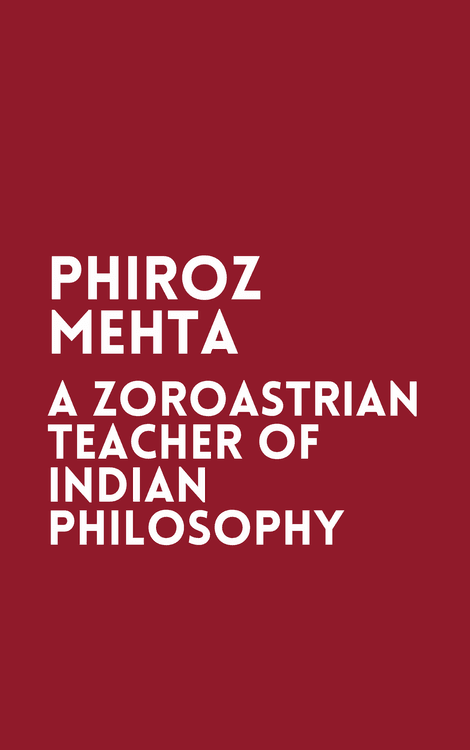Phiroz Mehta, was a self-taught philosopher of religion who became the revered core figure of a universal religion and philosophy centred on concepts of existential freedom. Less well known than his contemporary and associate Jiddu Krishnamurti, Mehta nonetheless cultivated a significant following over some 25 years and influenced an early generation of yoga and meditation teachers and practitioners in the UK, as well as international New Age figures such as Fritjof Capra. His teachings centred on freedom in several ways: by focussing on the soteriologies of liberation in Indian religions, but also in the way that he combined teachings from Buddhism, Hinduism and Zoroastrianism with Christianity, Judaism (specifically Kabbalah) and Daoism. He offered his tutees the freedom to practice philosophy and religion in whatever way they wished by drawing on a broad range of traditions concurrently. This talk hopes to raise further awareness about the unknown history of this compelling figure and his contribution to the cultural transmission of Indian concepts of spirituality to Britain.
Raj Balkaran is a scholar, online educator, and life coach. For information see rajbalkaran.com.

